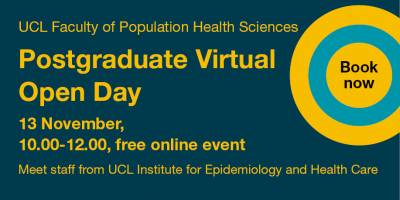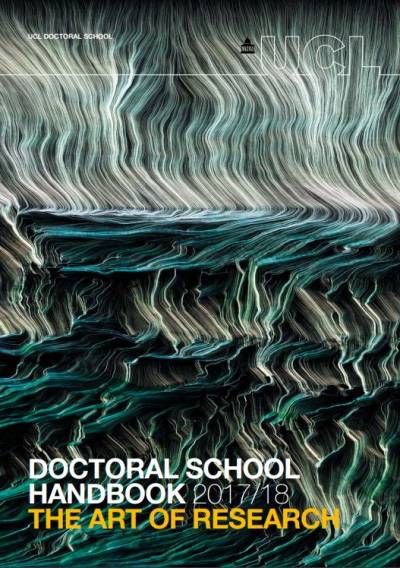|
Abstract
|
This
thesis examines the dominant discourses within research texts about
undergraduate general practice placements. This makes visible what is said to
be taught and learnt in placements; how research about placements is
justified; and how these characterisations produce particular ways of being
and knowing for subjects. Analysis examines rules of acceptability and
discursive assumptions, exploring the 'thinkable' and 'unthinkable'. This
process uses categories of object, subject position, concept and strategy, to
build a map of ways in which texts characterise placements; how this produces
particular ways of being and relations between students, patients, GPs and
researchers; how these link with ways of conceptualising learning; and how
overall strategies produce power relations. Two ways of characterizing
placements are identified. A 'gaze of discovery' views placements as
opportunistic experiential learning with patients, producing possibilities
for patients as 'educator' and 'contextualised disease'; GP-teacher as
'facilitator'; and student as 'participatory learner' or 'intruder'. A more
dominant 'gaze of deciphering' treats placements as pre-determined curricula
compartments using mind-body and knowledge-skills-attitude distinctions to
imagine different learning in different spaces. Placements are treated as
basic, early or filling gaps in hospital-based curricula. This produces
patient as 'subject with x'; student as 'learner of curriculum'; and GPs as
'teacher or clinician' and 'not knowing'. Evaluation is the dominant way of
justifying research, positioning placements as innovative (and thereby
un-established) and researcher as 'evaluator', distinct from
clinician-teacher. Other texts justify research as 'making voices heard',
some legitimising co-construction of knowledge with participants, and an
integrated position for the researcher-practitioner. Overall, strategies
position placements as supplementary and different to hospital teaching.
Justifying research as evaluation produces challenges for the legitimacy of
the field, in relation to other research. While teaching is treated as
exchange of existing knowledge, research is positioned as informing teaching
practice, legitimising its value through production of new knowledge.
|
 Close
Close



